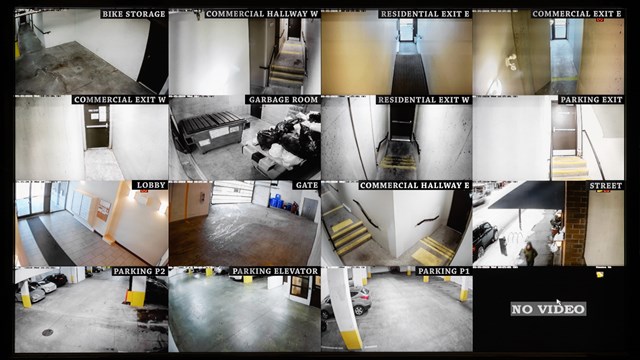The average unit owner or shareholder is well aware of the differences between living in a single-family home and a condo, co-op, or HOA. There’s no stampeding children upstairs in a single-family home that you can’t yell at to quiet down, and there’s no Saturday morning gutter clearing for condo owners. But, what about civil rights? Surely, a unit owner enjoys the same standing under the law as traditional homeowners? The state of Connecticut is currently arguing in court that the answer is “no,” that police have more leeway in searching a rental unit than a standalone home.
The case arises from an arrest in 2012, in which Berlin, Connecticut police received a tip that an apartment resident was growing marijuana in his unit. With the permission of the property manager, the police entered the building’s hallways with a drug-sniffing dog. The dog detected drugs outside the door of the resident, and without a search warrant, entered the apartment and arrested the tenant, Dennis Kono, after police found marijuana, growing equipment, and firearms.
Un-Warranted?
Kono was a renter, but the search and arrest without a warrant leads to an issue that applies to all multi-family dwellings. Can police search your apartment based on evidence they find directly outside the walls of your home? In 2013, the United States Supreme Court decided in Florida v. Jardines that police could not do so when it came to a single-family home in Florida. The court recognized the homeowner’s “curtilage,” a legal term used to describe the area directly surrounding a home. A home’s curtilage, the Supreme Court said, protects citizens from police snooping around a house without a search warrant, even though they never technically entered the home.
“[Florida v. Jardines] makes it pretty clear that house residents have this privacy protection, so there’s no real reason that apartment dwellers should not,” says Dan Barrett, the legal director of the ACLU of Connecticut. “There’s no meaningful distinction between the two for the purposes of the fourth amendment,” says Barrett.
The fourth amendment of the U.S. Constitution and a section of the Connecticut state constitution already protect people from unlawful searches, but the question arises of whether police gaining access to house common areas is lawful. “The case is important in Connecticut because it will hopefully reiterate that drug dogs sniff through the door, so odors through the door need to be conducted pursuant to a search warrant. It’s an important privacy principle that applies to those who own houses, and also to apartment dwellers. But this ruling would make clear that apartment dwellers do not have lesser privacy rights,” says Barrett.
Ruling Could Set Precedence
Barrett says a 1985 ruling by the Second U.S. Circuit Court of Appeals in Manhattan—which covers New York, Vermont and Connecticut—states that this kind of search is not allowed in apartment buildings, co-ops, and condos. “This case is being litigated in the state courts, so the Second Circuit’s decisions are influential but not binding on the state courts. The US Supreme Court’s decisions on issues of federal law are binding. We have a US Supreme Court case about this kind of sniff with a free-standing house but not an apartment,” says Barrett.
Condo attorneys and owners alike will want to keep an eye of the Nutmeg State, and perhaps beyond as this case progresses.
John Zurz is a staff writer for The Cooperator.










Comments
Leave a Comment